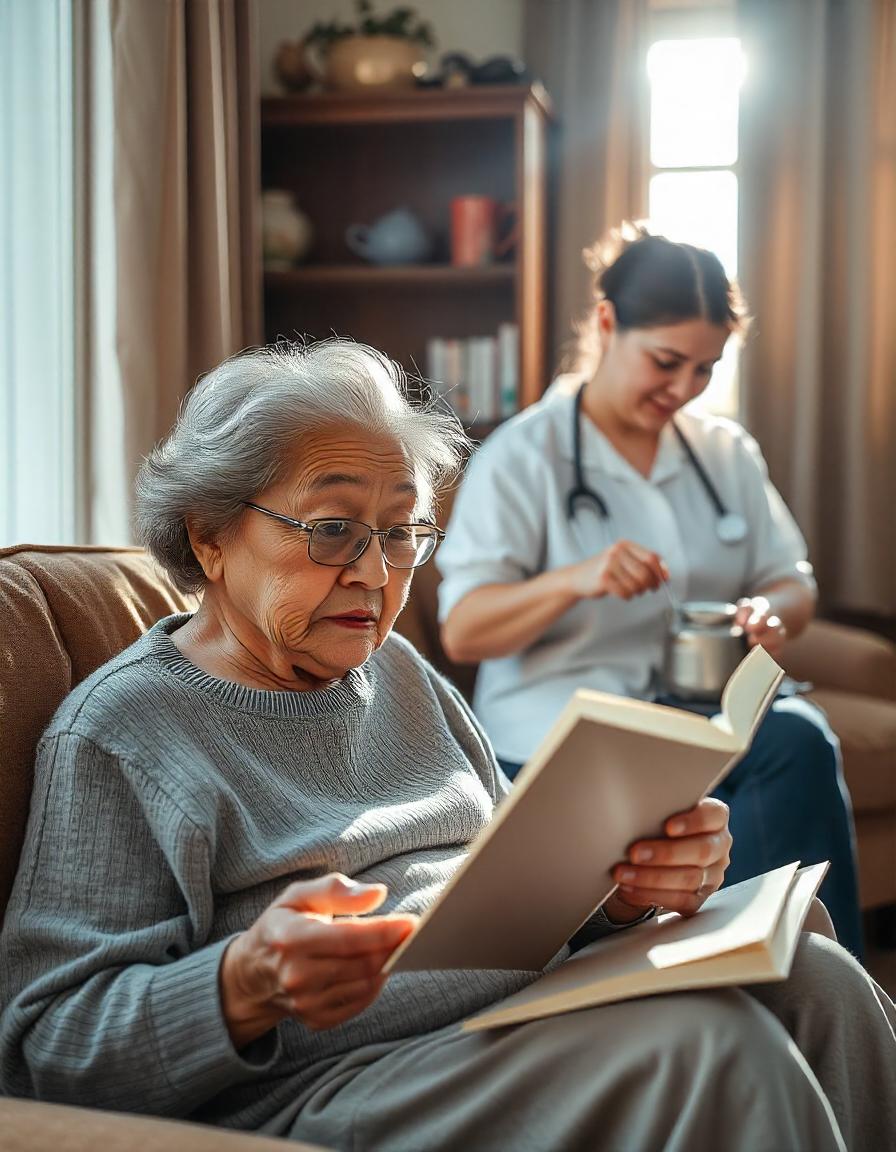Finding the right caregiver for an elderly loved one is a crucial decision that ensures their comfort, safety, and quality of life. Caregivers provide a range of services, from personal care to emotional support, helping seniors maintain independence and dignity.
This guide outlines practical steps for finding a reliable caregiver, tailored to the specific needs of your loved one.
Step 1: Assess Care Needs
Before starting the search, evaluate the type and level of care required. Consider factors such as:
- Physical Assistance: Help with bathing, dressing, or mobility.
- Medical Needs: Specialized care for conditions like Alzheimer’s or diabetes.
- Household Tasks: Meal preparation, housekeeping, and running errands.
- Companionship: Social interaction and emotional support.
Understanding these requirements will help narrow down your options and ensure you choose the right caregiver.
Step 2: Explore Caregiver Options
There are several types of caregivers to consider:
- Family Caregivers: Relatives or friends who take on caregiving responsibilities.
- Professional Caregivers: Hired individuals who work independently or through an agency.
- Home Health Aides: Trained professionals who provide medical and non-medical care.
- Live-In Caregivers: Provide 24/7 assistance, staying in the senior’s home.
Step 3: Use Reliable Sources to Find Caregivers
1. Home Care Agencies
Agencies handle background checks, training, and payroll, providing a hassle-free hiring process. Examples include:
- Visiting Angels
- Comfort Keepers
- Home Instead
2. Online Platforms
Websites such as Care.com, ElderCare.com, and A Place for Mom connect families with qualified caregivers.
3. Local Community Resources
Community centers, senior services organizations, and religious groups often have caregiving resources.
4. Word of Mouth
Recommendations from friends, family, or healthcare providers can lead to trusted candidates.
5. Hospitals and Clinics
Speak with social workers or discharge planners who can refer professional caregivers.
Step 4: Screen Potential Caregivers
1. Conduct Interviews
Ask questions about their experience, qualifications, and caregiving philosophy. Sample questions include:
- How do you handle emergencies?
- Have you worked with seniors with similar needs?
- What does a typical day of caregiving look like for you?
2. Check References
Speak to previous clients or employers to verify the caregiver’s reliability and professionalism.
3. Perform Background Checks
Ensure they have a clean record and valid certifications. Some agencies handle this step for you.
4. Evaluate Compatibility
Observe how the caregiver interacts with your loved one during a trial period to assess compatibility and trustworthiness.
Step 5: Set Clear Expectations
1. Create a Job Description
Outline specific responsibilities, working hours, and expected outcomes.
2. Discuss Compensation
Agree on payment rates, whether hourly, daily, or weekly, and clarify payment methods.
3. Establish Communication
Set up regular check-ins to discuss progress, concerns, or adjustments to the care plan.
Step 6: Monitor and Evaluate Care
After hiring a caregiver, maintain ongoing oversight to ensure quality care.
- Regularly check on your loved one’s well-being.
- Communicate openly with the caregiver about any issues or concerns.
- Adjust care plans as needed to address evolving needs.
Finding the right caregiver for an elderly loved one requires careful planning and thorough vetting. By assessing care needs, exploring options, and following a structured hiring process, you can ensure your loved one receives compassionate, professional support tailored to their unique requirements.
